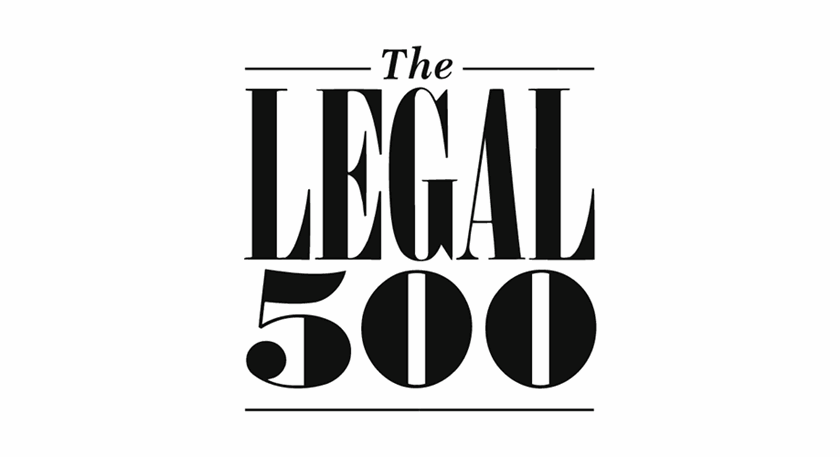Is bridge a sport for VAT purposes?
News

Until eleven years ago, the advancement of amateur sport was only charitable in legal terms if the sport in question involved physical exertion (or if it was allied with another charitable purpose like education). The Charities Act 2006 expanded the range of sports that could be charitable in law, defining sport as "sports or games which promote health by involving physical or mental skill or exertion". The register of charities now contains chess clubs and bridge clubs.
The VAT position has been less clear. Under VAT law, charges for various sports-related goods and services are exempt from VAT. Among other things, it exempts the "grant, by an eligible body established for the purposes of sport or physical recreation, of a right to enter a competition in such an activity."
Does this exemption apply where the sport involves mental (but not physical) skill and exertion? This question came before the First Tier Tribunal (FTT) in 2014.
The English Bridge Union (EBU) runs contract bridge tournaments and claimed that tickets to enter these tournaments should be VAT-exempt. It appealed to the FTT against HMRC's decision that the tickets were standard-rated. The FTT agreed with HMRC, on the grounds that contract bridge was not a "sport" for VAT purposes. The FTT reasoned that because, in the exemption, sport was coupled with physical education or physical recreation, this indicated that the exemption was aimed at encouraging activities that involved physical exertion – activities involving only mental exertion were excluded.
The EBU appealed to the Upper Tribunal, which decided to refer the case to the European Court, asking:
1. whether, to be a "sport" within the meaning of the exemption, an activity must involve a physical element that is material to its outcome, or whether it was sufficient that it involved a significant mental activity material to its outcome; and
2. whether, on this basis, contract bridge was a sport.
The Advocate General has now published his Opinion.
Must a "sport" include a physical element?
There was nothing in EU law to indicate how the word should be interpreted. However, the Advocate General was not persuaded by the argument that the coupling of "sport" with "physical recreation" indicated that a physical element was required. It indicated that the terms were in some way related, but the link was not necessarily the presence of a physical element.
The Advocate General noted that organisations such as the International Olympic Committee included activities that only require mental skill (such as chess) within their definitions. He also explained that the term needs to be interpreted in light of the purpose of the exemptions from VAT. The title of the relevant chapter of the VAT Directive is "Exemptions for certain activities in the public interest", suggesting that an activity should be in the public interest to qualify for exemption.
At paragraph 42 of his Opinion, the Advocate General wrote that "'sport' within the meaning of the directive, needs to be understood as meaning the training of mental or physical fitness in a way that is generally beneficial to the health and the well-being of citizens..."
He added that, although only a few purely mental activities may qualify as a sport, the answer to the Upper Tribunal's first question was that a physical element is not necessary – it is sufficient that the activity involves a significant mental element that is material to its outcome.
Is contract bridge a sport?
Although the Advocate General recognised that this was ultimately a question for the English authorities, in his view the answer was yes.
Implications
An Advocate General's Opinion is not the final word: the case still needs to be considered by the full European Court and then by the referring Tribunal. That said, the European Court normally follows the Advocate General's Opinion, so the Upper Tribunal may end up applying the conclusion reached by the Advocate General.
The exemption under consideration only applies to "eligible bodies", but essentially this term means not-for-profit organisations, so sports charities will almost certainly fall within the definition. Fees to enter competitions are not the only charges that are exempt: VAT law also exempts the supply by "[an eligible body] to an individual... of services closely linked with and essential to sport or physical education in which the individual is taking part". This phrase is likely to encompass many of the activities for which sports charities charge a fee so, if the English Tribunals and courts accept the Advocate General's Opinion, it could have a significant effect on charities that promote sports involving mental skill. This may prove to be positive, if VAT-exemption enables more people to participate in a charity's activities; conversely, it may be a worry if it has a material impact on a charity's ability to recover input VAT.
We will keep you updated as the case progresses. In the meantime, please contact us if you would like advice on how it might affect your charity.
If you require further information on anything covered in this briefing please contact or Rachel Holmes and James Maloney at the firm on 020 3375 7000.
This publication is a general summary of the law. It should not replace legal advice tailored to your specific circumstances.
© Farrer & Co LLP, October 2017







